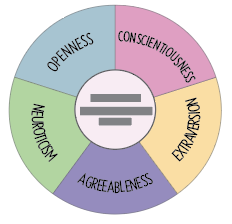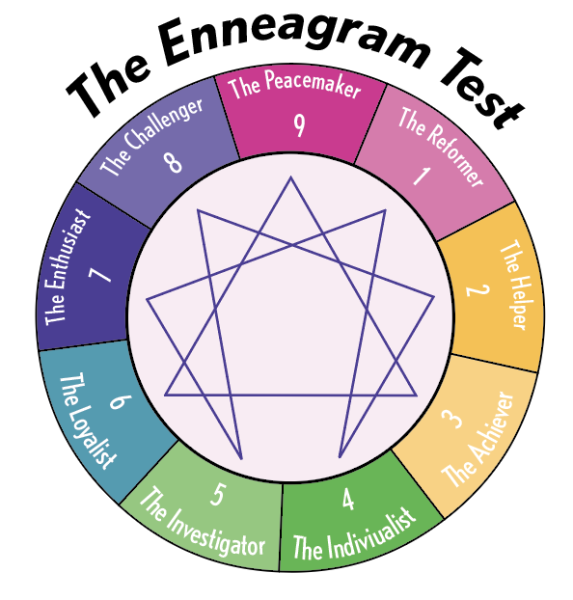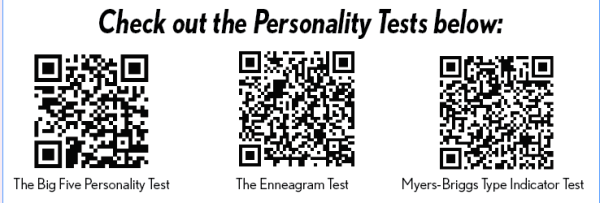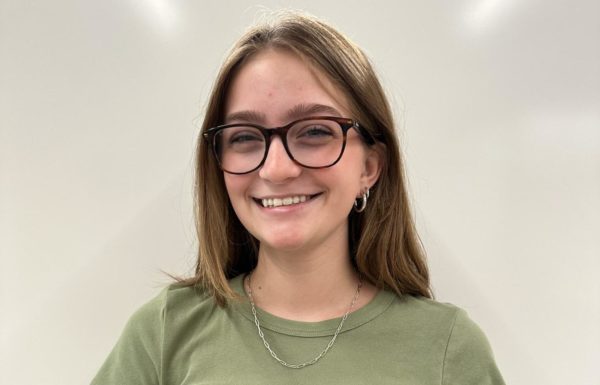Personality tests — a fun way to get to know yourself and others, taking information on how you perceive yourself, how others perceive you, interests and many other factors. These tests can give you insight into someone’s personality and how you can work with others.
But what truly is a personality test? Is it accurate? Or is it just for fun?
 Psychology teacher Courtney Buffington shares her thoughts on the debate of personality tests, along with how they truly work and which tests to take.
Psychology teacher Courtney Buffington shares her thoughts on the debate of personality tests, along with how they truly work and which tests to take.
“From a professional psychology perspective, the most reliable test, if you are someone who is data-driven and only wants a test that has the most research to back up its validity, would be the Big Five Test,” Buffington said. “The Big Five personality looks at your level of conscientiousness, agreeableness, neuroses, openness and then finally your level of extraversion.”
During the personality unit in AP Psychology, Buffington provides quizzes for her students to take, including the Big Five test, Myer-Briggs Type Indicator (MBTI), the Enneagram Test and many more. While the Big Five Test may be the most reliable, the MBTI test is a more controversial option to take, as it is not deeply backed up with data.

“That test is highly scrutinized by psychologists because it lacks the rich research to support its validity and reliability, but it’s interesting.
It’s what I was given by my college professors and what I give in my classes.”
Despite the backlash on the MBTI test, personality tests can be convenient when wanting to learn more about yourself. By taking just one, or even a few of them, connections can be made by knowing how you work with others.
“Even though the world of psychology is critical of those tests, I believe — and a lot of psychologists agree — that any test that gives you insight into who you are and who others are is useful,” Buffngton said. “Even if it doesn’t have the scientific data that says it is reliable, we can still benefit from its use.”
Buffington believes a quiz gives insight into someone and even themselves.
“I’m not saying there’s scientific data that says any agreements are always accurate, but it has helped me connect with students and understand them and my family members better,” Buffington said. “For example, I’m [an enneagram type] Two — twos are helpers and are driven by wanting people to like them. I feel seen with that, so it’s helped me recognize like, ‘Am I doing something because I just want to be liked or am I doing something because I really think it’s the right thing to do?’ That’s helped me do some self reflection and try to make sure I’m being the best version of myself.”




